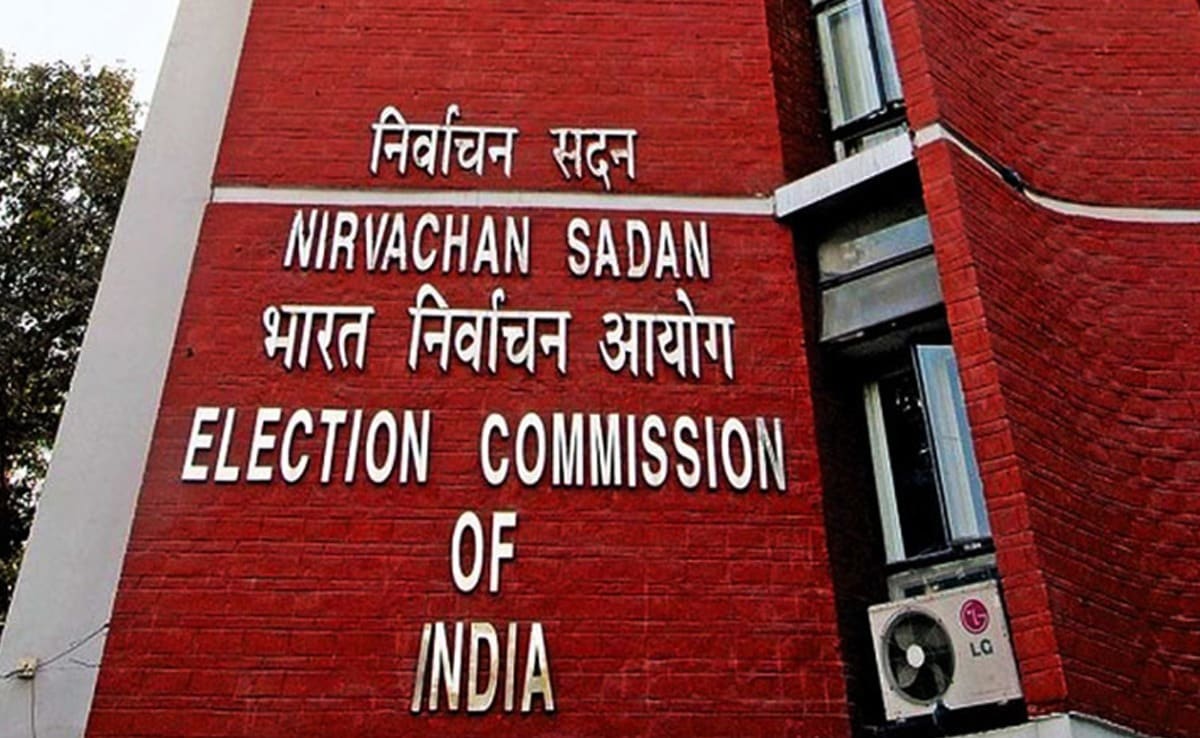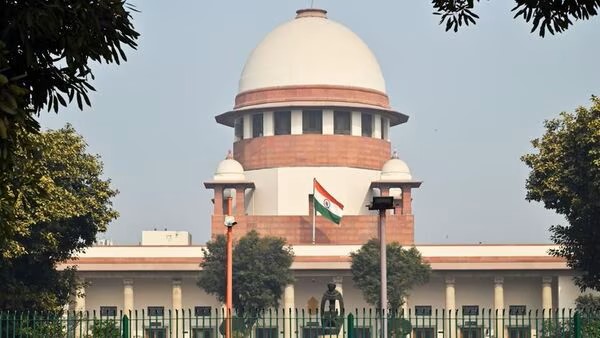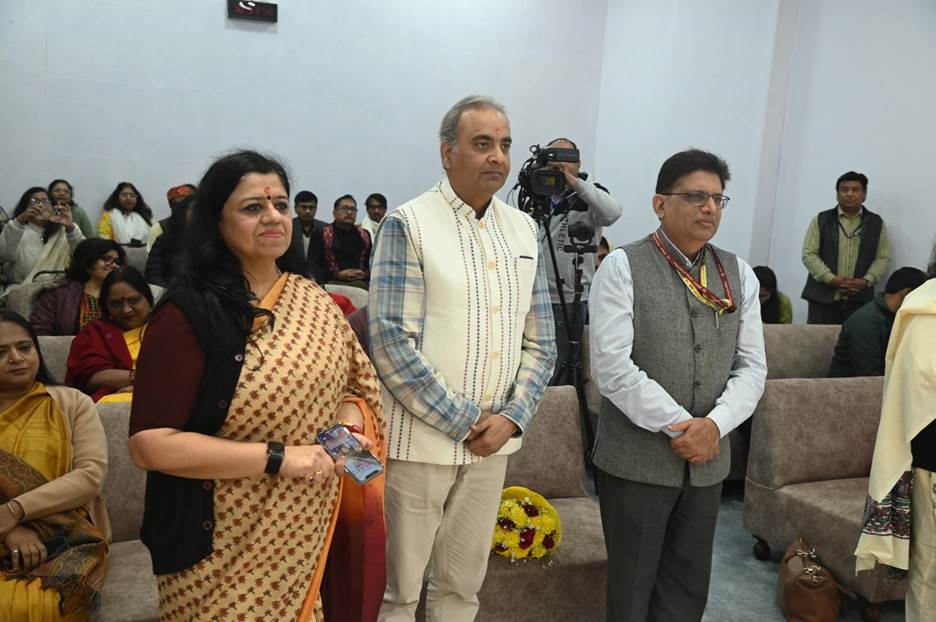In a significant development, the State Bank of India (SBI) has requested an extension from the Supreme Court to submit details of electoral bonds to the Election Commission. The apex court, in a landmark judgment last month, had declared the electoral bond scheme unconstitutional and directed SBI to furnish these details by March 6. However, SBI has sought an extension until June 30, citing the need for additional time to compile the information.
 The Supreme Court’s verdict hinged on the principle of transparency. The court argued that the scheme’s anonymous nature could potentially facilitate “quid pro quo” arrangements between political parties and donors, raising concerns about undue influence and lack of accountability. Additionally, the court questioned the claim that the scheme was necessary to combat black money in political funding, suggesting alternative methods could be employed.
The Supreme Court’s verdict hinged on the principle of transparency. The court argued that the scheme’s anonymous nature could potentially facilitate “quid pro quo” arrangements between political parties and donors, raising concerns about undue influence and lack of accountability. Additionally, the court questioned the claim that the scheme was necessary to combat black money in political funding, suggesting alternative methods could be employed.
Introduced in 2018, the electoral bond scheme aimed to address the issue of anonymous cash donations in political funding by offering donors the option to purchase bearer bonds from designated banks like SBI. These bonds could then be redeemed by eligible political parties, with the donor’s identity remaining confidential. However, critics raised concerns about the lack of transparency, arguing that anonymity could shield dubious sources of funding and hinder public scrutiny of political parties’ finances.
Following the Supreme Court’s judgment, the future of electoral bond financing in India remains uncertain. The court’s emphasis on transparency has sparked renewed debate about the need for stricter regulations and greater public disclosure in political funding. While SBI awaits the court’s decision on its extension request, the issue of electoral bond transparency is likely to remain a subject of national conversation.




